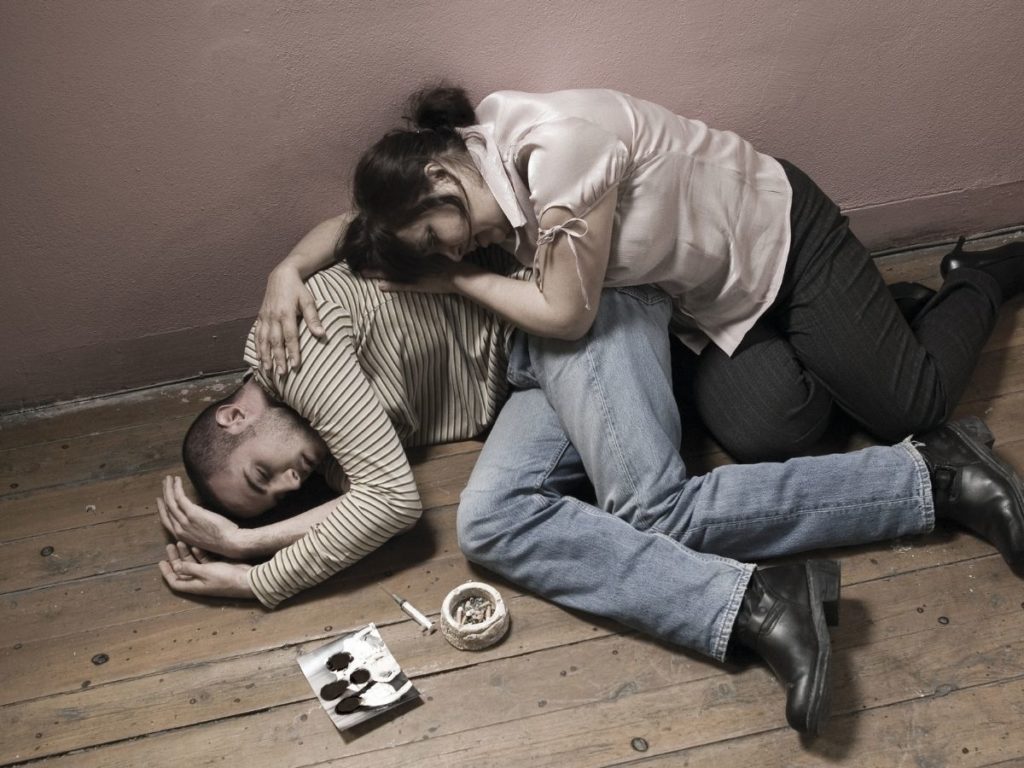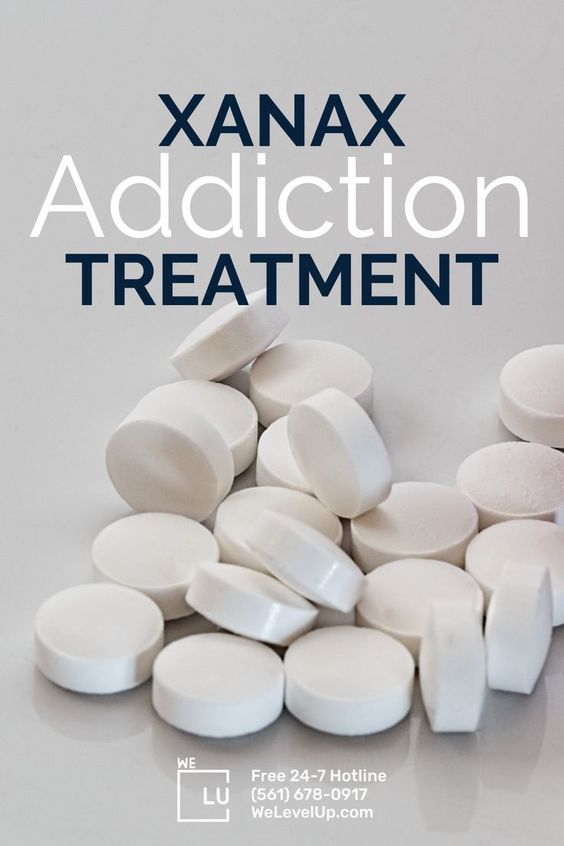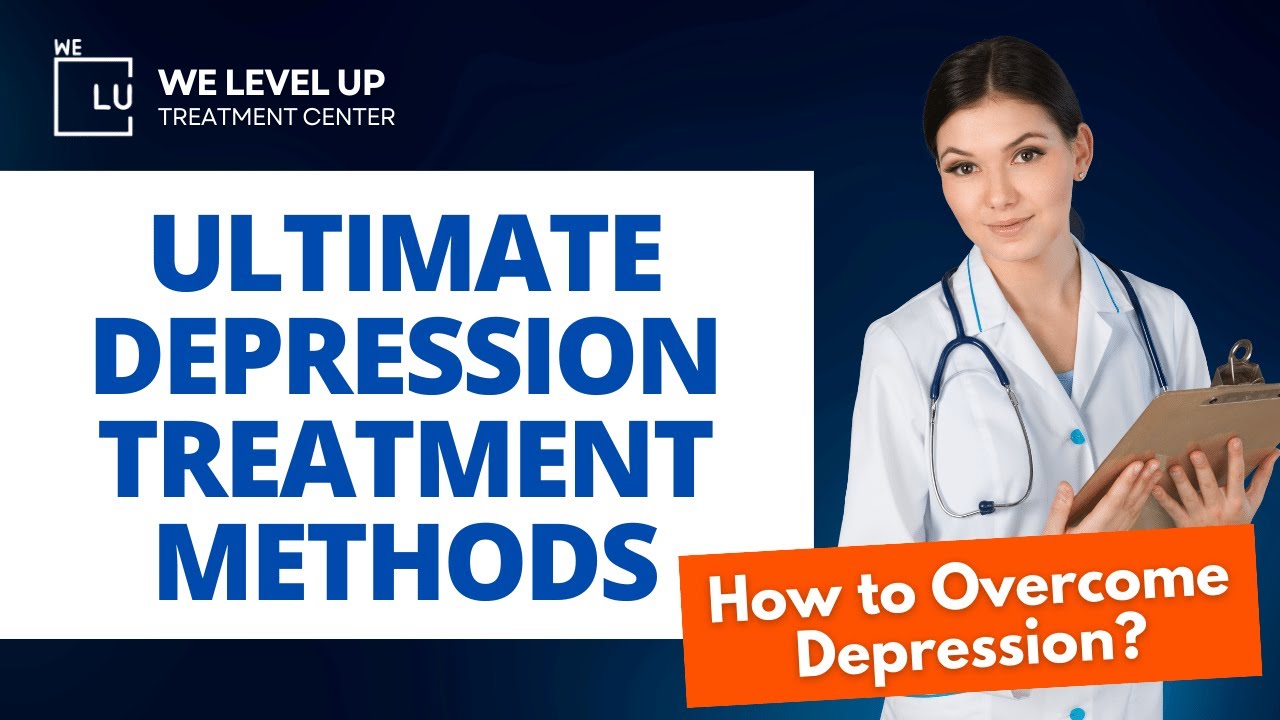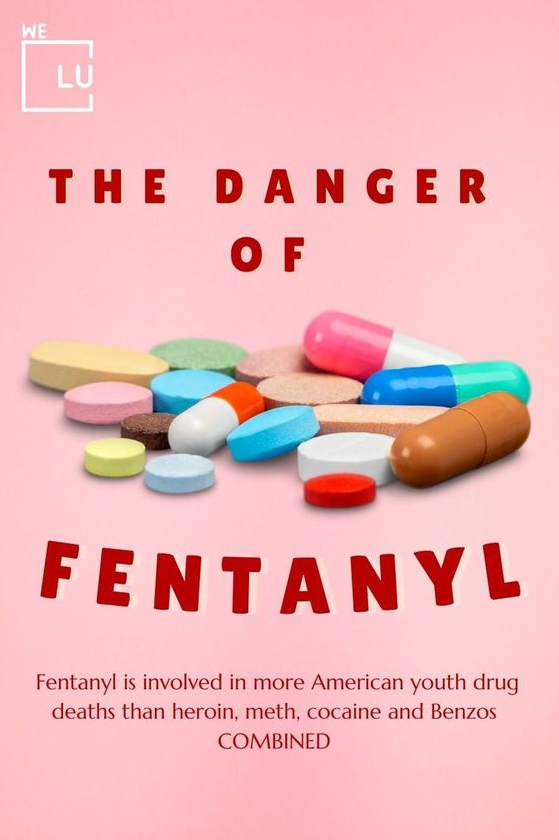What Is Drug Addiction?
A family that is conscious of its role in helping the loved one to recover is likely to offer both the physical shelter and the psychological safety one needs during the early stages of addiction recovery. But how do I help my son with drug addiction?
Drugs are substances that affect how the body functions. Illegal drugs — such as ecstasy and heroin addiction — can be harmful and unpredictable. Unlike prescription medicines, there is no government organization that regulates the quality or amount of active ingredients in illegal substances.
However, not all drugs are illegal. Alcohol is a legal drug that can be harmful if taken in large amounts or for a long time. Medicines that have been prescribed by a doctor can also be harmful if they aren’t taken as directed or are taken for non-medical reasons.
Drug and alcohol misuse isn’t necessarily related to how often — or in what quantity — a person uses drugs, but the impact their drug use has on their life. Drug or alcohol use can become a problem when it starts to affect a person’s judgment, relationships, or general health and wellbeing. It can cause them to neglect other responsibilities such as school, work, or family.

Understanding Drug Addiction
How do I help my son with drug addiction? A family that is conscious of its role in helping the loved one to recover is likely to offer both the physical shelter and the psychological safety one needs during the early stages of addiction recovery. There are many services available to help people who are struggling with drugs or alcohol abuse and for their families to heal as well. If the person is interested in professional help, you can help them find a local drug and alcohol treatment service.
Know The Signs Of Addiction
It can be difficult to tell if a person is consuming harmful levels of drugs or alcohol, especially if they’re trying to hide their drug or alcohol use. Some drugs can result in noticeable physical symptoms, [4] including:
- Pupils that are larger or smaller than normal
- Frequent nosebleeds
- Shakes or tremors
- Sudden weight loss or gain
- Difficulty sleeping
- Runny nose or sniffing
A person may be misusing drugs or alcohol if their use leads to:
- Difficulty keeping up at school or work
- Relationship or family problems
- Legal or financial difficulties
- Injuries — for example, due to accidents or violence after using drugs or alcohol
If you know that someone is using drugs or alcohol, they might be at risk of developing a problem if they:
- Find it difficult to cut down or stop using
- Spend a lot of their time trying to find or use drugs or alcohol
- Use increasingly larger amounts of substances over time
- Use substances more often over time
- Have unpleasant symptoms when stopping or cutting down on drugs or alcohol (called ‘withdrawal’)
However, not everyone who misuses drugs or alcohol wants (or needs) help.
It’s also important to know that people may experience symptoms similar to those listed above but for reasons that aren’t related to drug use. How do I help my son with drug addiction? If you aren’t sure whether a person is misusing drugs or alcohol or needs help, start a conversation to see if they’re OK.

Set Boundaries
It’s normal to be anxious about broaching the topic of drugs or alcohol. Preparation is key. Earning and maintaining a person’s trust is important. Don’t go through their personal belongings or access private information on their social media. They may feel threatened, which can make them less likely to reach out for support.
It’s also important to set boundaries with the person. How do I help my son with drug addiction? Try not to ‘overpromise’: be realistic about any emotional, practical, or financial support you can provide.
Communicate
When speaking to someone about their drug use, listen respectfully to their views, and respond calmly. The tone and the type of language you use are important. How do I help my son with drug addiction? Try to avoid the following, since this may upset the person and make them less likely to seek support:
- Being judgmental
- Lecturing the person
- Making them feel guilty
- Using bribes or threats
- Using negative labels like ‘addict’
Pick a time and place to talk where you won’t be interrupted and will have some privacy. Some people find it less confronting to talk while walking together, instead of sitting face-to-face. It’s OK to ask someone directly about drug use. But don’t make assumptions that the person is even using drugs, or about how much or how often they use drugs.
How do I help my son with drug addiction? Use ‘I’ statements to express your concerns about the person. For example, “I’m a bit worried because…” or “I’ve noticed that lately…” Give the person a chance to respond and express their views and opinions. Try to listen to the person without being judgemental or accusatory.
Know Drug Addict Behavior
How do I help my son with drug addiction? It can be difficult to tell if a person is consuming harmful levels of drugs or alcohol, especially if they’re trying to hide their drug or alcohol use. Some drugs can result in noticeable physical symptoms, [4] including:
- Pupils that are larger or smaller than normal
- Frequent nosebleeds
- Shakes or tremors
- Sudden weight loss or gain
- Difficulty sleeping
- Runny nose or sniffing
A person may be misusing drugs or alcohol if their use leads to:
- Difficulty keeping up at school or work
- Relationship or family problems
- Legal or financial difficulties
- Injuries — for example, due to accidents or violence after using drugs or alcohol
If you know that someone is using drugs or alcohol, they might be at risk of developing a problem if they:
- Find it difficult to cut down or stop using
- Spend a lot of their time trying to find or use drugs or alcohol
- Use increasingly larger amounts of substances over time
- Use substances more often over time
- Have unpleasant symptoms when stopping or cutting down on drugs or alcohol (called ‘withdrawal’)
However, not everyone who misuses drugs or alcohol wants (or needs) help.
It’s also important to know that people may experience symptoms similar to those listed above but for reasons that aren’t related to drug use. How do I help my son with drug addiction? If you aren’t sure whether a person is misusing drugs or alcohol or needs help, start a conversation to see if they’re OK.
Don’t Blame Yourself
How do I help my son with drug addiction? It’s important to remember that you didn’t cause the addiction. You also can’t fix it. What you can do is take steps right now to ensure your safety and protect your well-being. If you’re living with a loved one who has an addiction, consider the following tips [1]:
- Keep you and your family safe. This is especially important if you have family members who are more vulnerable, such as children, elderly relatives, and pets. Make sure there are household rules and boundaries set. If safety becomes an issue, you may need to ask the loved one with an addiction to temporarily leave the home.
- Have a response plan if matters escalate. This could include having backup from friends, family, therapists, or, in extreme cases, the police. How do I help my son with drug addiction? People who have an addiction in and of themselves aren’t dangerous. But if somebody is acutely intoxicated with a substance, they may become dangerous.
- Restrict access to money. Your loved one may do whatever they can to get money to buy the substance they’re addicted to. It may be best to take them off any personal bank accounts and credit cards. You may even consider opening up a new bank account for yourself as a precaution.
- Set boundaries for your household. How do I help my son with drug addiction? Lay out specific rules and expectations. You can even make a list. Provide clear-cut consequences if your loved one breaks any of these boundaries.
- Encourage treatment. Talk to your loved one about considering a treatment program, especially if individual therapies haven’t been adequate in addressing the disease. This may come in the form of rehab, psychotherapy, and nutrition counseling.
- Prioritize self-care. This is a difficult time for you and your family. The stress can make it easy to neglect your own health needs. If at all possible, try to take some time out of your day for yourself. Exercise, eat right and make time to relax to ensure your well-being.
- Join a support group. You’re certainly not alone. In 2016, more than 20 million people aged 12 years or older had a substance use disorder in the United States. Support groups are widely available online and in-person that address the needs of those who love someone with an addiction. [2]
Seek Treatment
If you or someone you love is facing homelessness as a result of addiction, there is hope. Drug and alcohol treatment offers not only a safe place to be but also offers a new way of life. Many recovering addicts who had lost everything, their jobs, homes, families, and health have recovered and built successful, fulfilling lives, often even better than before. A comeback is absolutely realistic, although it may not feel like it. Drug addiction and homelessness may feel like the end, but for the addict who gets help, it is just the beginning.
Group Therapy For Family Members Of Addicts
There are many services available to help people who are struggling with drugs or alcohol. If the person is interested in professional help, you can help them find a local drug and alcohol treatment service.
How do I help my son with drug addiction? If they pursue treatment, you can help the person by providing practical support, such as delivering meals and checking in regularly. Celebrate small successes and try to keep supporting them if they relapse. Drug and alcohol treatment and recovery take time, and many people don’t succeed the first time they try to quit.

Make this your opportunity to reclaim your life. Call today to speak with one of our treatment specialists. We Level Up TX specialists understand interventions. Many of them know what your family is going through personally and can answer any of your questions. We Level Up rehab center’s free hotline is open 24/7 for no-hassle calls about interventions and more.
Your call is private and confidential and there is never any obligation.
Sources:
[1,3] How to Cope When Someone in Your Household Lives with Addiction – https://www.healthline.com/health/living-with-an-addict
[2] Key Substance Use and Mental Health Indicators in the United States: Results from the 2016 National Survey on Drug Use and Health – Substance Abuse and Mental Health Service Administration
[4] How to help someone who is misusing drugs or alcohol – https://www.healthdirect.gov.au/help-someone-who-is-misusing-drugs-or-alcohol





